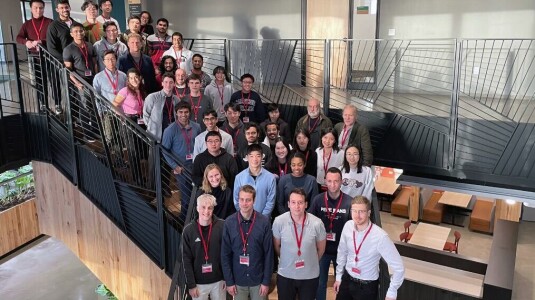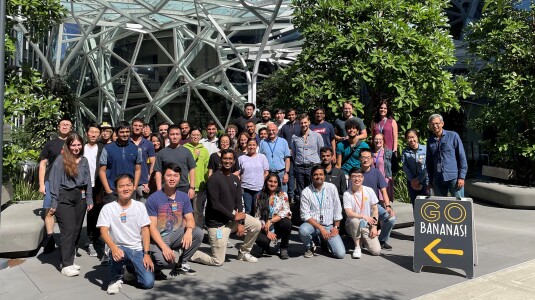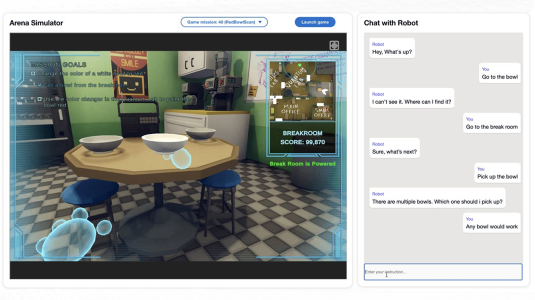SlugBot: Developing a computational model and framework of a novel dialogue genre
2018
One of the most interesting aspects of the Amazon Alexa Prize competition is that the framing of the competition requires the development of new computational models of dialogue and its structure. Traditional computational models of dialogueare of two types: (1) task-oriented dialogue, supported by AI planning models,or simplified planning models consisting of frames with slots to be filled; or (2)search-oriented dialogue where every user turn is treated as a search query thatmay elaborate and extend current search results. Alexa Prize dialogue systems such as SlugBot must support conversational capabilities that go beyond what these traditional models can do. Moreover, while traditional dialogue systems rely ontheoretical computational models, there are no existing computational theories that circumscribe the expected system and user behaviors in the intended conversational genre of the Alexa Prize Bots. This paper describes how UCSC’s SlugBot team hascombined the development of a novel computational theoretical model, Discourse Relation Dialogue Model, with its implementation in a modular system in order to test and refine it. We highlight how our novel dialogue model has led us to create anovel ontological resource, UniSlug, and how the structure of UniSlug determines how we curate and structure content so that our dialogue manager implements and tests our novel computational dialogue model.




